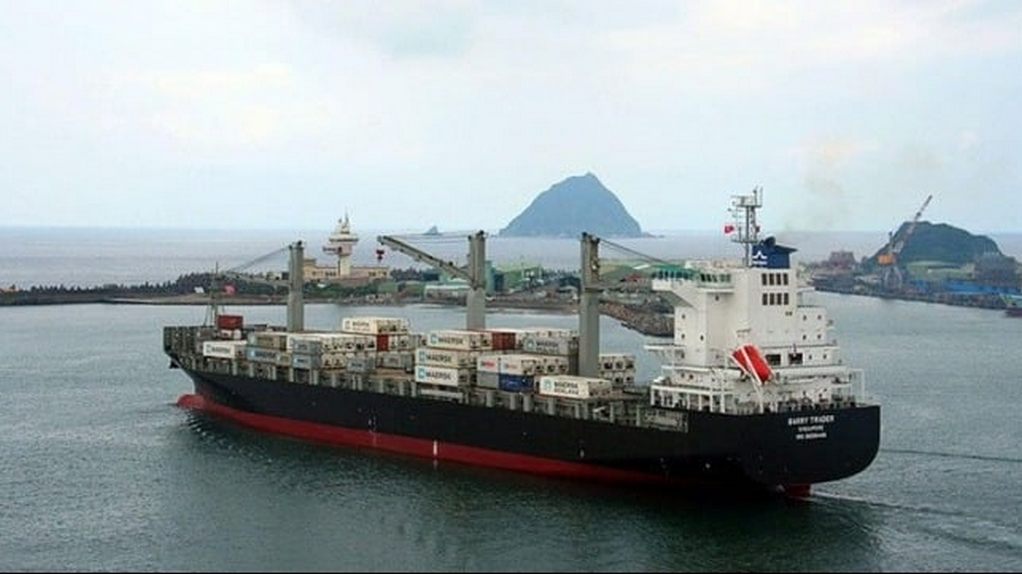Lomar’s new subsidiary lomarlabs is working with London-based climate tech start-up Seabound to develop cost-effective methods to capture CO2 onboard vessels.
Lomarlabs works with entrepreneurs who bring deep tech solutions to the maritime industry and helps them de-risk their technologies and optimise their business models. This venture is spearheaded by former Lomar technical director Stylianos Papageorgiou, who has been appointed its managing director.
Seabound has developed a patent-pending compact carbon capture device that can be retrofitted into a ship’s engine exhaust at the funnel. The CO2 chemically reacts with pebbles of quicklime, which then convert into limestone, keeping the CO2 locked in. The limestone pebbles are temporarily stored onboard before the ship returns to port, without any need for energy-intensive CO2 separation, compression, or liquefaction. The pebbles are safe, inert and non-toxic; abundantly available worldwide and reasonably priced. Once back in port, the limestone pebbles are offloaded and either sold in pure form or turned back into quicklime and CO2, for the quicklime to be reused onboard another vessel and the CO2 sold for utilisation or sequestration.
Preparations to install this equipment onboard the first ship will take place in May and June this year to run the first-ever pilot project throughout this summer.
This project is part of the Clean Maritime Demonstration Competition Round 3 (CMDC3), which was announced in September 2022, funded by the UK Department for Transport and delivered in partnership with Innovate UK.
Idan Ofer’s Eastern Pacific, which has its own start-up subsidiary, has also invested in Seabound.
Tags: Carbon Capture, CO2, Lomar, Seabound, Vessels



Recent Posts
Scandlines Nears Delivery of Zero Emissions Ferry Following Successful Sea Trials
India faces emission roadblocks with rising net-zero demands
Green Energy Resources invests in two electric Liebherr LHM 550
NYK Launches Continuous Use of Bio LNG Fuel on Car Carriers to Advance Decarbonization Goals
Yang Ming Expands Fleet with Methanol and LNG Dual-Fuel Vessels Under Fleet Optimization Plan
ClassNK Advocates Speed Gap Monitoring to Optimize Fuel Efficiency in Heavy Weather
Wärtsilä’s retrofit package for the Corsica Linea ferry Pascal Paoli has resulted in fuel savings of up to 22 percent Corsica Linea
COSCO Shipping Names Second Methanol Dual-Fuel Containership in Yangzhou